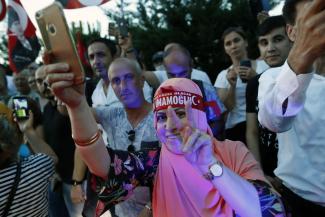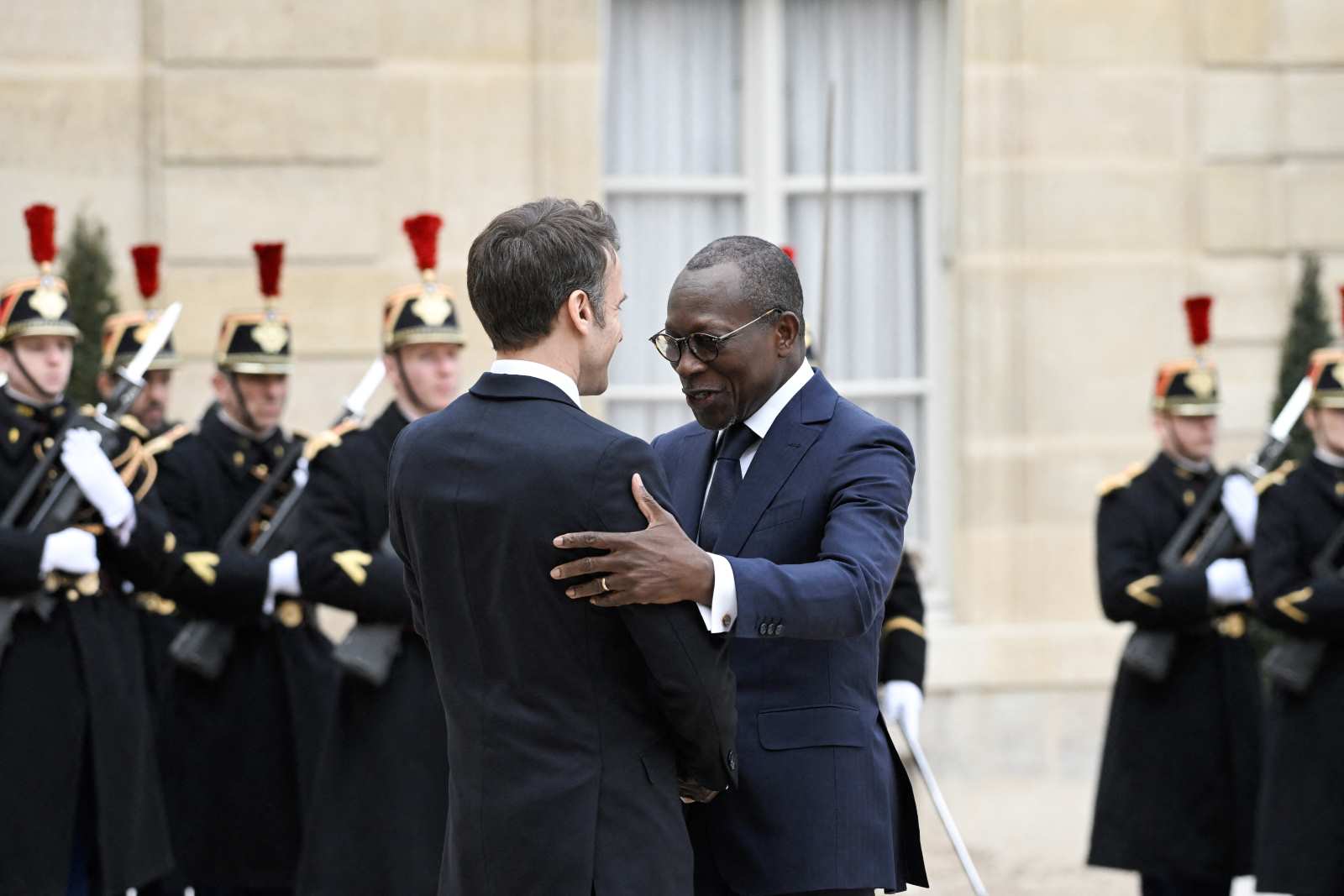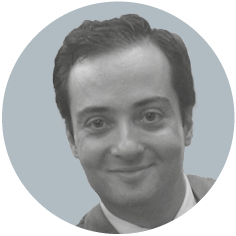Blog
The tide may be turning in Turkey

According to Jan-Werner Müller, a democracy is in trouble when populists are in power. The reasons include that the government then denies the legitimacy of all other political forces and will try to manipulate the constitutional order in its favour. It will do its best to get a grip on the courts, rig elections and stifle free media. Therefore, a democracy is damaged when populists are in power, Müller argues, though it has not necessarily ended .
In the past decade, Erdogan has been a model case of what Müller writes. One of his latest maneuvers to reinforce his grip on power was to deny Imamoglu the narrow election victory he had one in Istanbul at the end of March. Back then, the opposition candidate was ahead by 12,000 votes. The president put pressure on the election commission to find fault with some procedural details and rescind the election. The re-run, however, did not go as planned. This time, Imamoglu was ahead by more than 800,000 votes.
Right-wing populists have been gaining influence in many countries around the world. It is interesting to note that, in spite of their authoritarian leanings, they tend not to abolish elections. The trend is that they try to change the way that elections are held with an eye to perpetuating their power. This shows that even would-be dictators acknowledge that a government's legitimacy hinges on it having a mandate from the people. Of course, an election system has serious flaws if the president of a nation is in a position to have mayoral elections annulled simply because he doesn't like the result. As the example of Istanbul shows, however, the need to hold a new election can empower a pro-democracy movement.
It is quite obvious that a big majority of Istanbul's citizens were appalled by Imamogly being denied the office he was elected to hold in March. They understood that the rerun was not about procedural shortcomings. It was an attempt to tighten the AKP's grip on power. Quite obviously, people did not want that to happen. Indeed, they are increasingly unhappy with Erdogan's rule. One reason, of course, is the economic crisis that is affecting everyone.
The AKP has been running the government for almost two decades now. Its history is unusual. It was founded by Islamists who wanted to take a more moderate course than the Turkish version of the Muslim brothers normally did in order to become electable. Erdogan was one of them. He became the party's top leader and led it to electoral victory after a severe economic crisis in 2003. At the time, the AKP was an underdog that challenged the establishment. It was supported by rural and working-class people who felt that their Muslim faith had been discriminated against by previous governments.
For many years, the AKP cooperated with other political forces with the goal of dismantling Turkey's “deep state”, a powerful network of high-ranking bureaucrats, judges and generals. For a while, it was actually a modernising force, but then it began to build its own deep state. Today, the AKP is the establishment, but it still uses its old rhetoric of Muslims being victimised and clandestine networks denying the people their rights. It is peculiar that an Islamist Imam, Fetuallah Gülen, and his followers are now considered the most dangerous "terrorists". Gülen used to be Erdogan's ally.
Imamoglu's victory shows that many people are tired of AKP divisiveness. Imamoglu's message was one of inlcusiveness. He went out of his way to show his respect for people who do not agree with him and he certainly did not demonize them. He displayed an interest in local problems and finding solutions that can make a difference in people's lives. His message was one of brotherly love and pursuit of the common good. It resonated with the citizenship that longs for hardships to be eased and does not believe that evil traitors and terrorists are lurking everywhere. The rerun elections allowed Imamoglu to launch a revitalised and more forceful campaign than he had run in March.
Some observers now argue that his re-election indicates a sea change in Turkish politics. Whether the tide is really turning, remains to be seen. To use Müller's terms, Turkey's democracy is indeed damaged. Independent journalists are still being hounded in Turkey, and political opponents are harassed. Leaders of the civic protest movement that rallied to protect a park in downtown Istanbul from urban development in 2013 are currently on trial, accused of trying to stage a coup. The prosecutors are not shying away from demanding life sentences. That is clearly overblown and undemocratic. It may help the defendants, however, that many now see Erdogan as a spent force. The election in Istanbul, moreover, can inspire mild hopes in other countries affected by populists' governance. At some point, populists are sure to be recognised as the divisive and destructive forces they are. Yes, they will rig elections, but once the opposition against them becomes overwhelming, they are likely to lose nonetheless.














